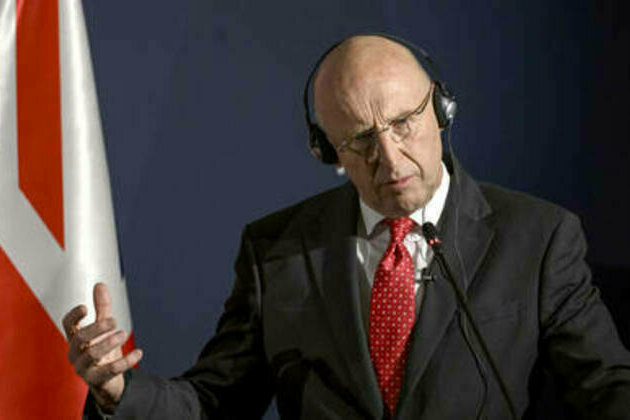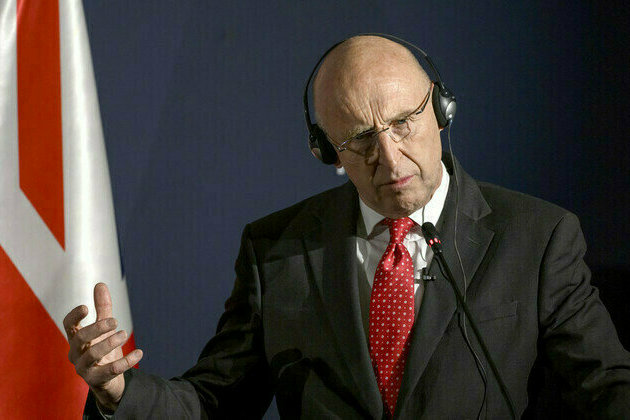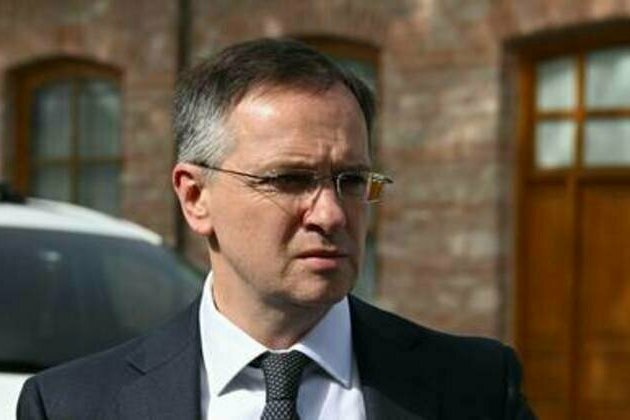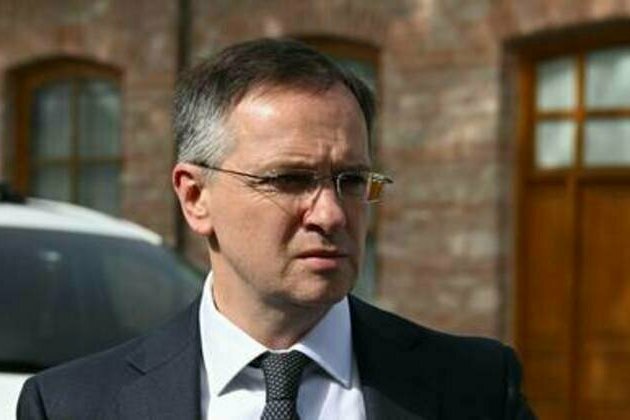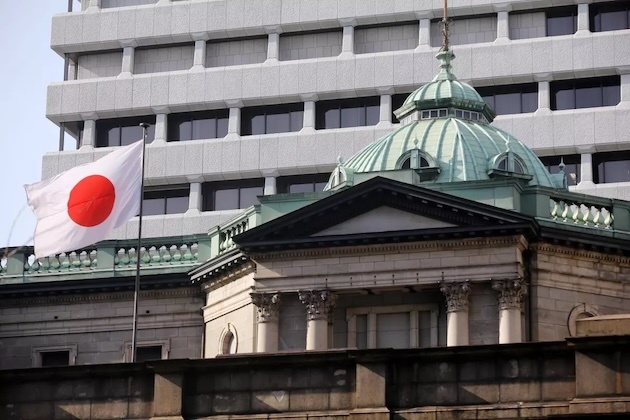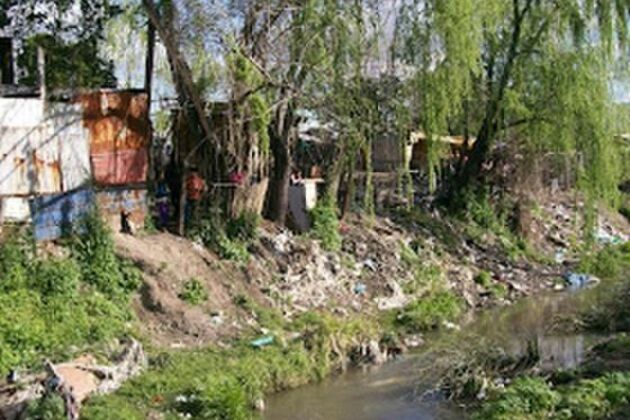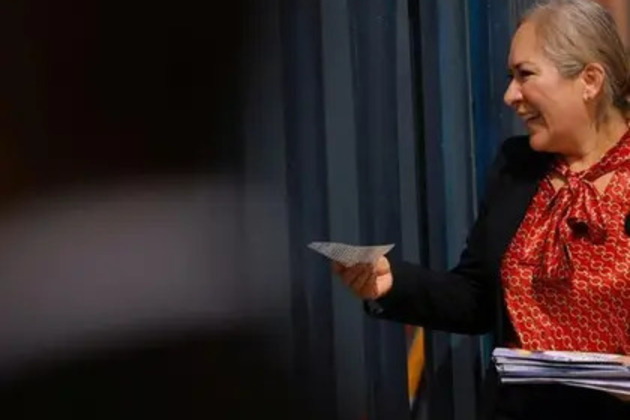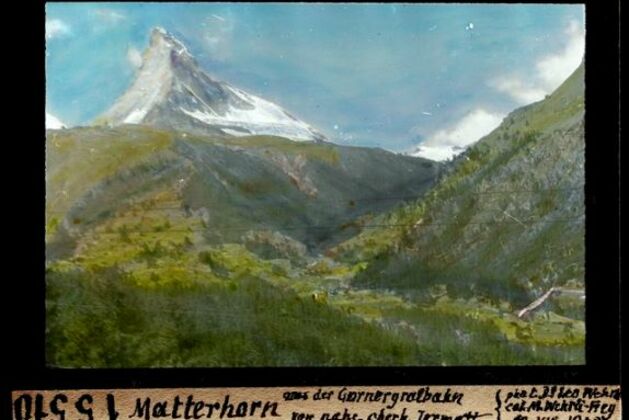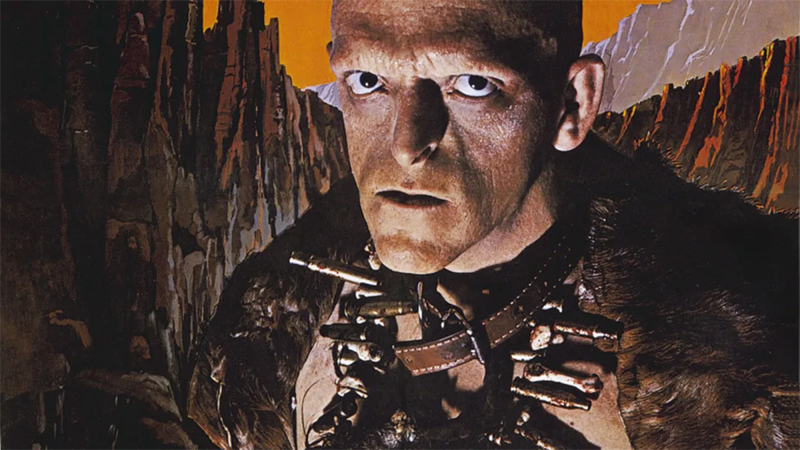From psychiatric ward to Nobel prize: How a Jewish outcast became a great Russian poet
RT.com
30 May 2025, 02:14 GMT+10
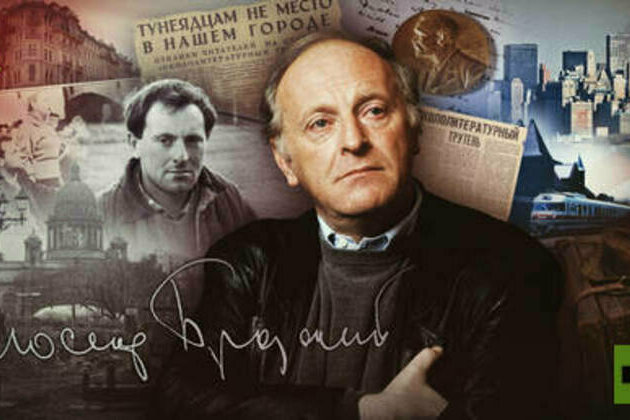
On the 85th anniversary of Joseph Brodsky's birth, we revisit the exiled Nobel laureate who never stopped writing in Russian
A Russian Jew who found spiritual kinship in Christianity and made it a tradition to write a Christmas poem each year. A man with an imperial imagination, shaped by the worldview of ancient Rome. Someone who defended the conquistadors and denounced Ukrainian independence. All of this - and more - describes Joseph Brodsky.
Few writers achieve the status of a classic while still alive. Brodsky, deeply grounded in literary tradition and animated by a consciousness forged in antiquity, didn't just challenge conventions - he shattered them. Decades later, some of his choices still provoke.
In the month he would have turned 85, RT revisits the life and legacy of Joseph Brodsky.
The poet's early years
They say childhood shapes who we are - and in Joseph Brodsky's case, that couldn't be more true. Within his first two years of life, he witnessed events that would leave an indelible mark on his future.
Brodsky was born into a Jewish family in Leningrad (now St. Petersburg) on May 24, 1940. His father, a naval officer, was sent to the front when Nazi Germany launched Operation Barbarosa. During the brutal winter of 1941-1942, young Joseph endured the siege of Leningrad and was later evacuated with his mother to the city of Cherepovets. It was there that a Russian nanny quietly baptized him.
After the war, the family was reunited in Leningrad. Brodsky would later recall those early years:
This sense of imperial grandeur - part reverence, part irony - would stay with Brodsky for life.
His youthful ambitions didn't yield immediate success. He failed to get into naval school, and after finishing eighth grade, took a job at a factory. Over the next few years, he worked as a stoker, a photographer, and even joined geological expeditions to the Russian Far East. Throughout it all, he pursued a rigorous self-education.
Despite never receiving a formal literary degree, Brodsky emerged as a strikingly erudite voice. By the early 1960s, in his early twenties, he was reading poetry publicly in Leningrad. It was there that he met some of the era's most important poets - including Anna Akhmatova.
A famous story survives from their first meeting. The aging Akhmatova asked the young Brodsky what a poet should do once they've mastered all the rhymes and rhythms of the language. Without hesitation, he answered, "But there remains the grandeur of vision."
A thorny path
Brodsky was just 23 when Soviet reality collided with his rising career and brought it to an abrupt halt. In 1963, Soviet leader Nikita Khrushchev launched a public campaign to root out "layabouts, moral degenerates, and whiners" who, in his words, wrote in "the bird language of idlers and dropouts." In the eyes of the government, poets fit squarely into that category.
That November, the newspaper Vecherniy Leningrad published a hit piece titled "The Near-Literary Drone," targeting Brodsky by name. The poems cited were falsely attributed to him, and the article was riddled with fabrications - but none of that stopped the authorities. A few months later, Brodsky was arrested and charged with "social parasitism."
By then, he had already earned recognition in literary circles. His poems had appeared in respected magazines, and he was receiving commissions to translate poetry. But none of this mattered to the court, which refused to acknowledge him as a legitimate writer. During the trial, a now-legendary exchange unfolded between Brodsky and the judge:
He was first sent for compulsory psychiatric evaluation, then sentenced to five years of hard labor - the maximum term - for doing what the state deemed "nothing." In practice, this meant exile to the Arkhangelsk region, deep in Russia's far north.
Brodsky worked on a collective farm, spending his free time reading, translating, and teaching himself English. His sentence was eventually cut short, thanks to the intervention of prominent cultural figures, including composer Dmitri Shostakovich, poet Korney Chukovsky, writer Konstantin Paustovsky, and even French philosopher Jean-Paul Sartre.
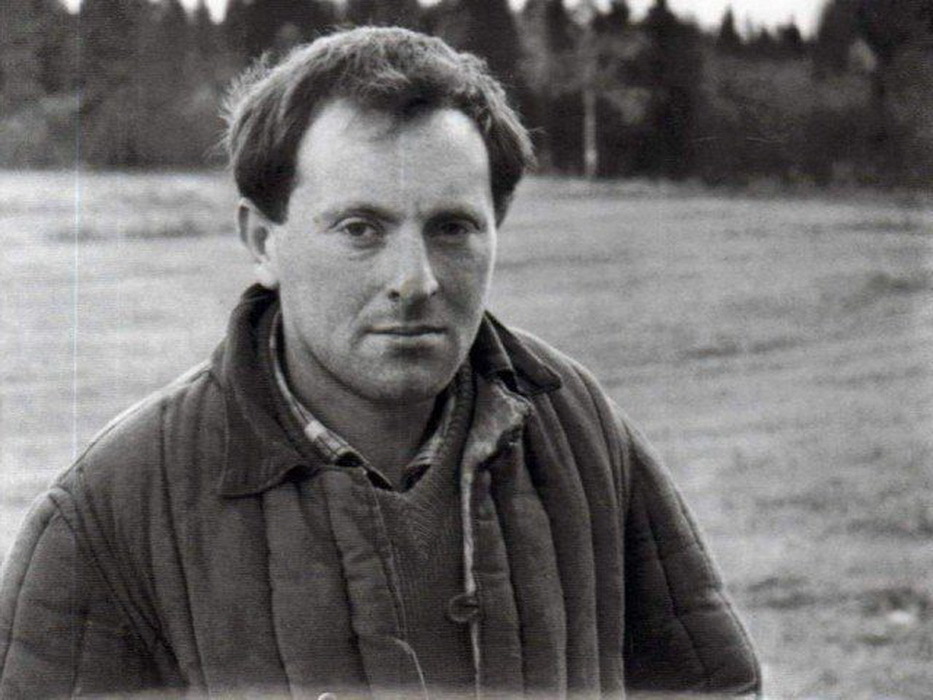
After returning from exile in 1965, Brodsky was granted formal membership in a "professional group" within the Writers' Union - a bureaucratic maneuver that shielded him from future charges of parasitism. He worked prolifically; his poetry was widely published abroad, and he built relationships with scholars, editors, and journalists. Still, in the Soviet Union, only his children's verses saw print. He remained fundamentally out of step with the system.
In May 1972, he was summoned to the Ministry of Internal Affairs and given a choice: emigrate immediately or face "difficult days" ahead. Recalling his interrogations and forced hospitalization, Brodsky chose exile.
Obtaining an exit visa from the USSR usually took months. Brodsky's was ready in just 12 days. In June 1972, he left the country - this time, for good.
From exile to triumph
When Joseph Brodsky left the Soviet Union, he left behind nearly everything - his parents, his friends, the woman he loved, and his son. "It is very painful for me to leave Russia," he wrote in a candid letter to Soviet General Secretary Leonid Brezhnev. "I was born, grew up, and lived my life here, and everything I have, I owe to this country."
The Soviet authorities never allowed him to return. He would never see his parents again, nor attend their funerals.
Upon arriving in Vienna, Brodsky was met by Karl Proffer, an American publisher and Slavist who offered him a post as a "visiting poet" at the University of Michigan. It was a surreal twist of fate: Brodsky had only completed eight years of formal schooling, yet he would go on to teach Russian literature, poetry, and comparative literature at some of the most prestigious universities in the United States and the United Kingdom for the next 24 years.
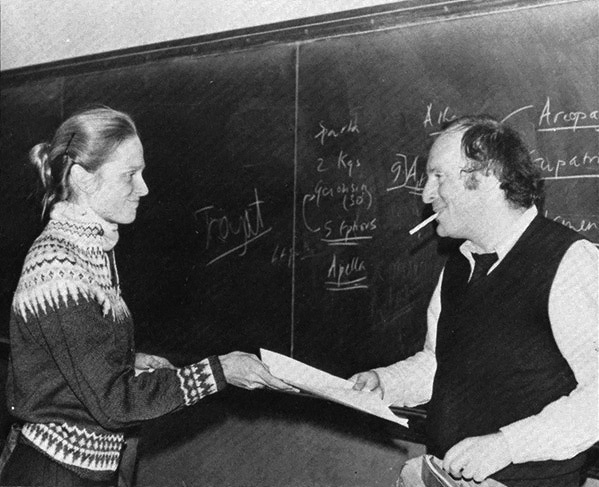
In truth, Brodsky didn't really know how to teach - at least not in any conventional academic sense. But he spoke to students about what mattered most to him: poetry. After winning the Nobel Prize in Literature in 1987, a student once asked why he still taught when he clearly no longer needed to. His answer was simple:
Still, to imagine Brodsky as a remote, ivory-tower intellectual would be misleading. He was not just a man of letters - he was also a man of appetite and mischief. His friend, the poet and writer Glyn Maxwell, recalled Brodsky and his circle as loud, unfiltered, and often crude:
They drank heavily, told off-color jokes, and filled rooms with their presence.
But when it came to poetry, Brodsky was exacting and unwavering. After becoming an American citizen, he turned his focus toward essay writing, translating Russian poetry into English, and even composing poems in English himself. He revered the English language and deeply loved its poetic tradition, though he recognized that as a non-native speaker, he would always be writing from the outside in.
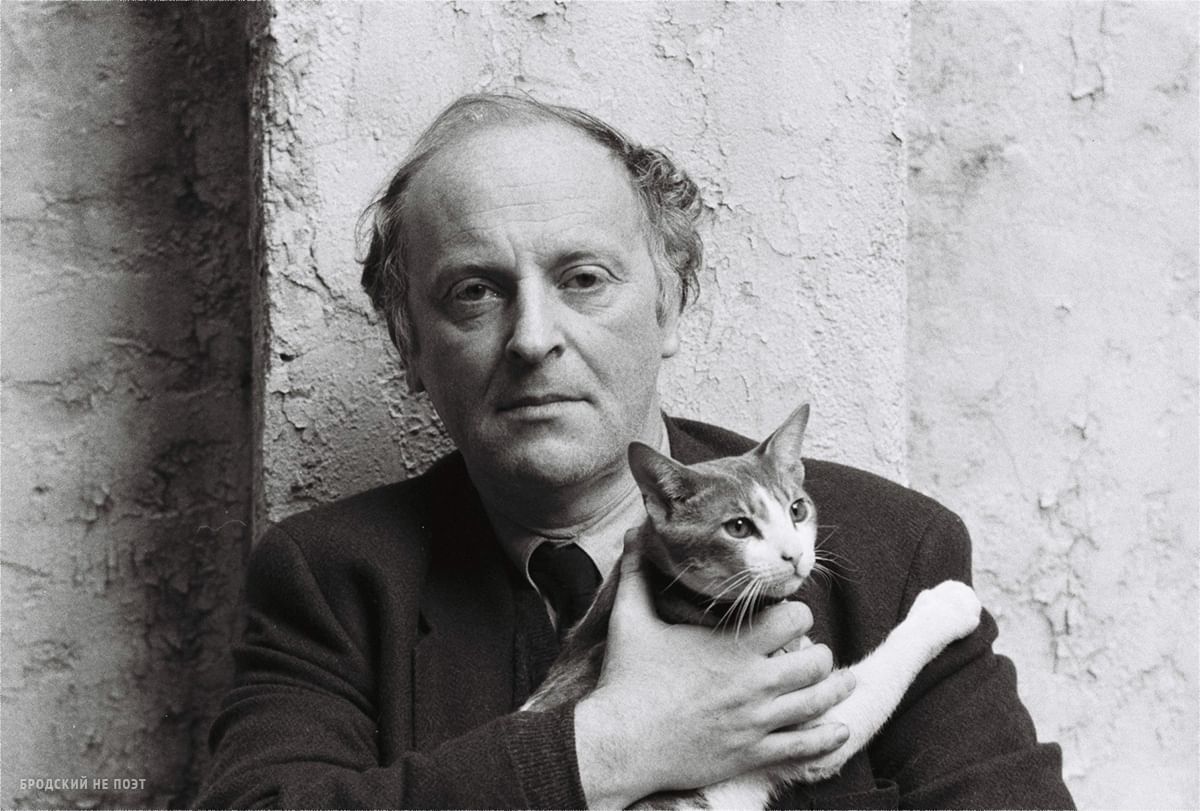
His biographer, Valentina Polukhina, observed that for all his success abroad, Brodsky remained, at heart, a Russian poet. Poetry, for him, was the highest form of linguistic expression, and Russian was the language in which his soul most fluently spoke.
"Sometimes I feel that for Brodsky, the choice of the Russian language was conscious," she reflected.
Poet Bella Akhmadulina echoed this sentiment. She described how Brodsky didn't merely use the Russian language - he nourished it from within:
A keeper of tradition
Brodsky's complexity often revealed itself in quiet, personal rituals. "I had this idea, back when I was 24 or 25, to write a poem every Christmas," he once said. And he kept that promise - for the rest of his life.
In fact, he began even earlier. At 22, he wrote A Christmas Romance, and from then on, continued to write Christmas poems every year until his forced emigration in 1972. After a long break, he returned to the tradition in 1987 and maintained it annually until his death in 1996.
Though not affiliated with any particular denomination, Brodsky was deeply drawn to Christianity. He read the Bible attentively and spoke of Jesus Christ with profound reverence.
His spiritual reflections extended beyond religious ritual. In a 1972 letter to The New York Times, Brodsky challenged the utopian promises often made in Soviet political discourse: "In my opinion, there is something offensive to the human soul about preaching Paradise on Earth," he wrote.
"Life the way it really is - is a battle not between Bad and Good, but between Bad and Worse. And today humanity's choice lies not between Good and Evil, but rather between Evil and Worse. Today humanity's task comes down to remaining good in the Kingdom of Evil, and not becoming an agent of Evil."
Such sentiments may seem stark, but they were consistent with his moral seriousness and existential clarity.
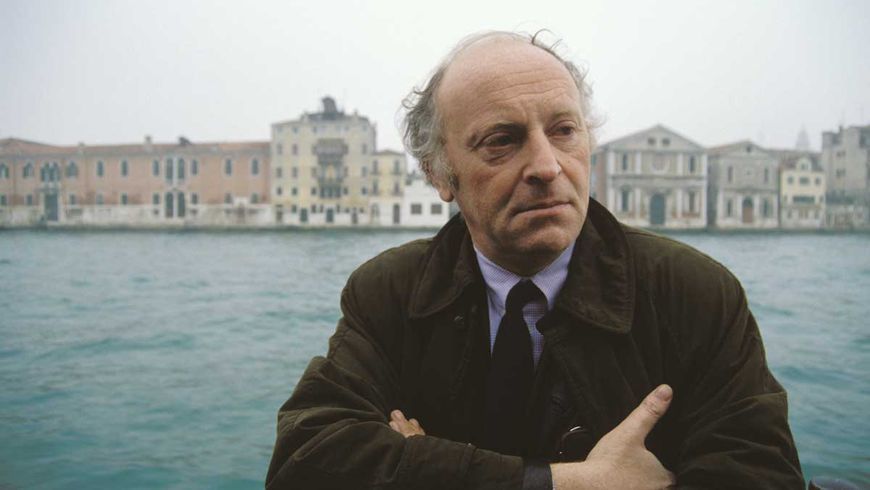
Despite being born into a Jewish family, Brodsky repeatedly described himself as a Russian poet, and always saw Russia as inseparable from the Christian cultural world. Even in exile, he refused to speak ill of his homeland.
"I did not leave Russia of my own free will... No matter under what circumstances you leave it, home does not cease to be home. No matter how you lived there - well or poorly. And I simply cannot understand why some people expect, and others even demand, that I smear its gates with tar.
And - this is the main thing - indebted to its language."
Politically speaking, Brodsky was more of a "Westerner" than a "Slavophile," at least in the traditional Russian sense. But he was unmistakably a Russian Westerner. Living in the West after his exile, he often encountered anti-Russian sentiment and cultural disdain. And yet, again and again, he chose to defend the Russian people-not out of nationalism, but from a sense of fairness.
As the poet and scholar Lev Losev put it: "Just like the 'Slavophile' Aleksandr Solzhenitsyn, 'Westerner' Joseph Brodsky stood ready to defend Russia - its people and its culture - against unfounded accusations of inherent aggressiveness, servile psychology, and national masochism."
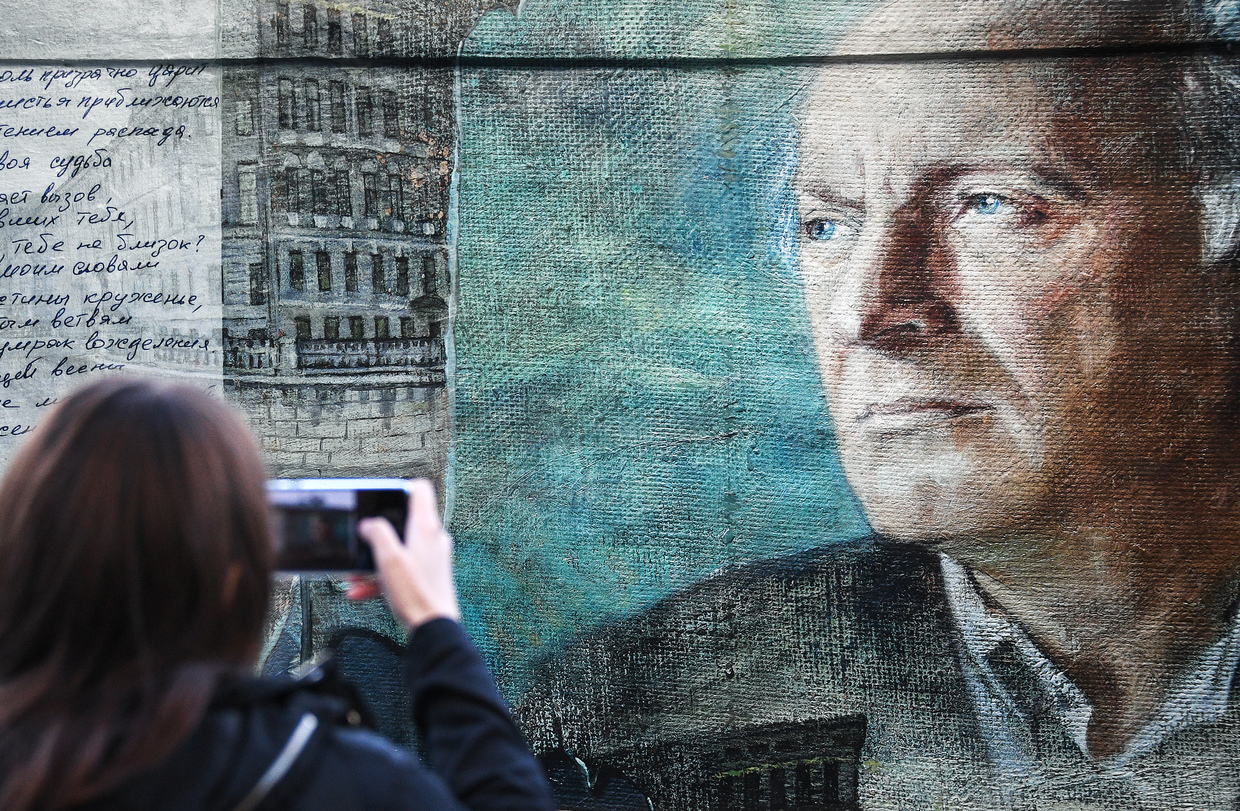
The Bard of the Empire
Joseph Brodsky was, unmistakably, a poet of the Empire. Born in Leningrad - once imperial St. Petersburg - he could never imagine himself, or the world around him, outside the gravitational pull of imperial culture, history, and aesthetics. Raised among the colonnades and neoclassical facades of Russia's most imperial city, Brodsky found in ancient Rome the ultimate model of grandeur.
In his poem Letters to a Roman Friend, he writes:
The lines recall Ovid's Letters from Pontus, written during exile by the Black Sea. For Brodsky, his own symbolic "imperial space" was Crimea - a peninsula he always considered Russian and which inspired some of his most evocative poetry. There he found his cherished trinity: antiquity, the sea, and empire.
Brodsky's imperial sensibility revealed itself in more than just geography. His biographer, Vladimir Bondarenko, remarked that the poet could easily be mistaken for a staunch conservative - a man with a worldview shaped by colonial assumptions. A striking example can be found in his 1975 poem To Yevgeny, written after a visit to Mexico. Contemplating the ruins of Aztec civilization, Brodsky reflects:
And further:
Brodsky never shied away from uncomfortable truths-or from voicing them bluntly. His worldview was neither romantic nor utopian. He rejected simplistic dichotomies of good versus evil. For him, paradise on earth was a dangerous illusion; reality was a constant struggle between "bad" and "worse."
Among his most controversial works is On Ukraine's Independence, a poem brimming with fury and sarcasm. In Brodsky's eyes, the move to break historical ties with Russia was a rejection not just of political union, but of shared culture, language, and literary heritage. In a caustic farewell, he wrote:
He closed the poem with a grim vision of cultural amnesia:
For Brodsky, Ukraine's departure from the Russian cultural orbit was not simply political; it was a loss of literary and civilizational continuity. He believed that when the time came to confront death, it would not be the folk verse of Shevchenko people would recall, but the classical cadence of Pushkin.
As the post-Soviet world fractured, and vast parts of the "Russian world" renounced their imperial inheritance, Brodsky watched with a mixture of dismay and resignation.
In the 1990s and early 2000s, many within Russia's liberal intelligentsia held up Brodsky as a dissident icon - the embodiment of intellectual resistance to authority. And indeed, traces of dissent run through his work in subtle and powerful ways.
But as his legacy has come under closer scrutiny, a more complex portrait emerges: that of a Russian poet with a profoundly imperial imagination and a strong, unapologetic view of Russia's role in history. He was, above all, a defender of Russian language and culture - often in defiance of popular sentiment in the West or among emigres.
After the start of the war in Ukraine, some opposition figures who fled Russia called for Brodsky to be "canceled," citing his imperially inflected worldview and what they described as the cultural colonialism embedded in his poetry.
But Brodsky cannot be canceled. He remains what he always was: a witness to his time, a singer of antiquity, a thinker of vast moral scale, and - despite exile - a quintessentially Russian poet.
 Share
Share
 Tweet
Tweet
 Share
Share
 Flip
Flip
 Email
Email
Watch latest videos
Subscribe and Follow
Get a daily dose of St Petersburg Star news through our daily email, its complimentary and keeps you fully up to date with world and business news as well.
News RELEASES
Publish news of your business, community or sports group, personnel appointments, major event and more by submitting a news release to St Petersburg Star.
More InformationRussia
SectionFrom psychiatric ward to Nobel prize: How a Jewish outcast became a great Russian poet
On the 85th anniversary of Joseph Brodsky's birth, we revisit the exiled Nobel laureate who never stopped writing in Russian ...
UK to step up cyberattacks on Russia and China - minister
Defense Secretary John Healey has said London will increase hacking operations as part of a new military command ...
UK to step up cyberattacks on Russia and China minister
Defense Secretary John Healey has said London will increase hacking operations as part of a new military command London will significantly...
Moscow reveals Russian team for next Ukraine peace talks
The delegation, led by presidential aide Vladimir Medinsky, will be the same as during the opening session, Foreign Ministry spokeswoman...
Russia reveals team for next round of Ukraine peace talks
The delegation, led by presidential aide Vladimir Medinsky, will be the same as during the opening session, Foreign Ministry spokeswoman...
Russia prepared to strike Germany in response to Taurus attacks - senior MP
Ukraine cannot operate the long-range missile without German assistance, a top lawmaker has said ...
International
SectionGlobal central bankers in Tokyo address discuss inflation and slowdown
TOKYO, Japan: As global inflation remains stubborn and growth prospects dim, central bankers from around the world gathered in Tokyo...
Quits job, sails ocean: Oliver Widger reaches Hawaii with cat Phoenix
HONOLULU, Hawaii: A man from Oregon, Oliver Widger, has arrived in Hawaii after sailing across the ocean with his cat, Phoenix. He...
Argentinian church leader raps Milei at national religious ceremony
BUENOS AIRES, Argentina: The Archbishop of Buenos Aires, Jorge García Cuerva, used a major religious event over the weekend to criticize...
Historic vote for judges in Mexico marred by criminal ties
CIUDAD JUAREZ, Mexico: In a first-of-its-kind judicial election in Mexico, more than 5,000 candidates are vying for over 840 federal...
Bodies of 5 missing skiers recovered on mountain in Switzerland
ZERMATT, Switzerland: Five skiers were found dead on a mountain in Switzerland near the popular ski resort of Zermatt, officials said...
Canadians turn out in thousands to pay tribute to Israel
TORONTO, Canada - Tens of thousands of people from across Canada have marched in support of Israel in a massive turnout in Toronto....

